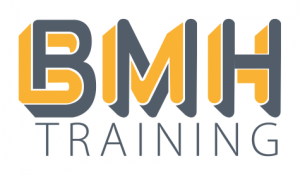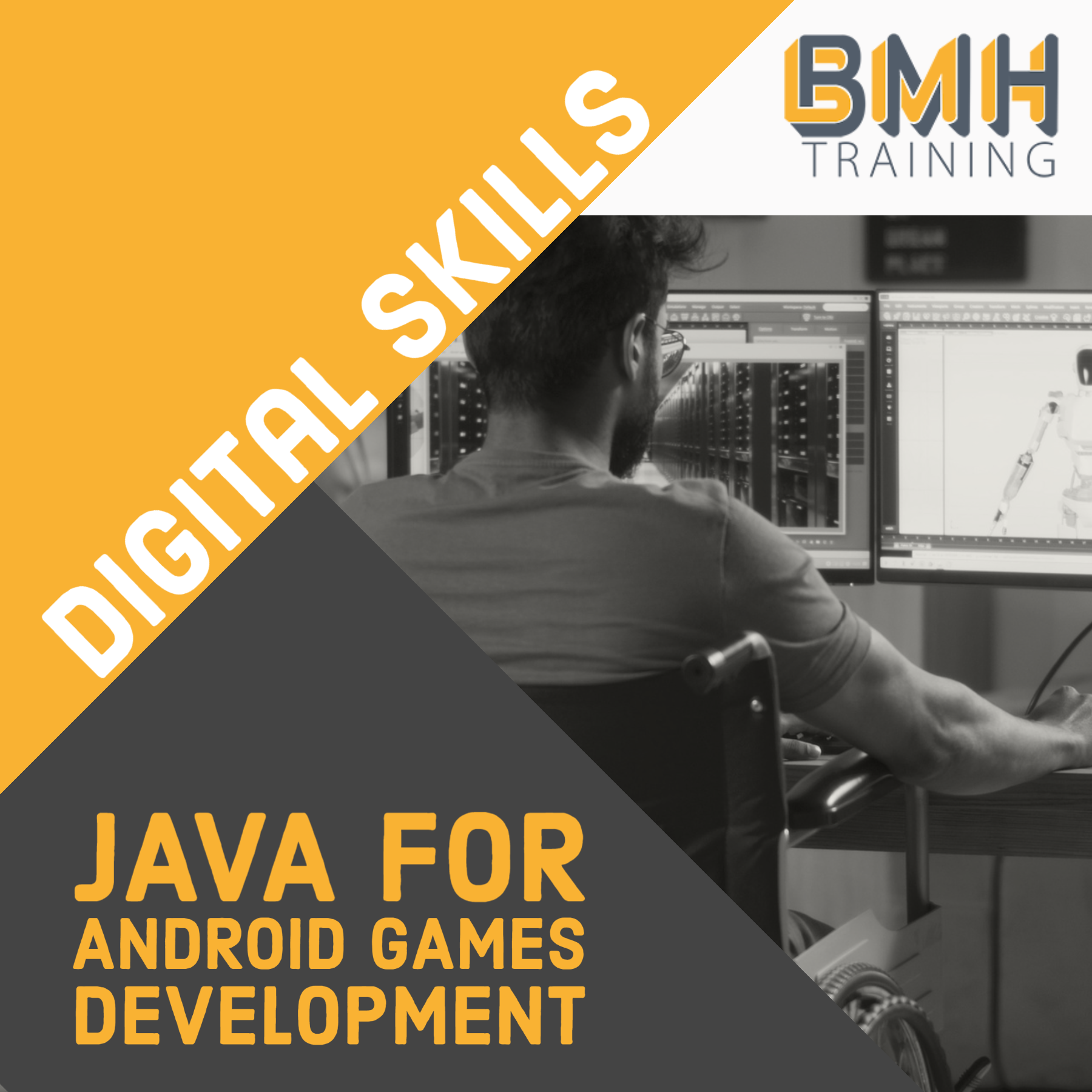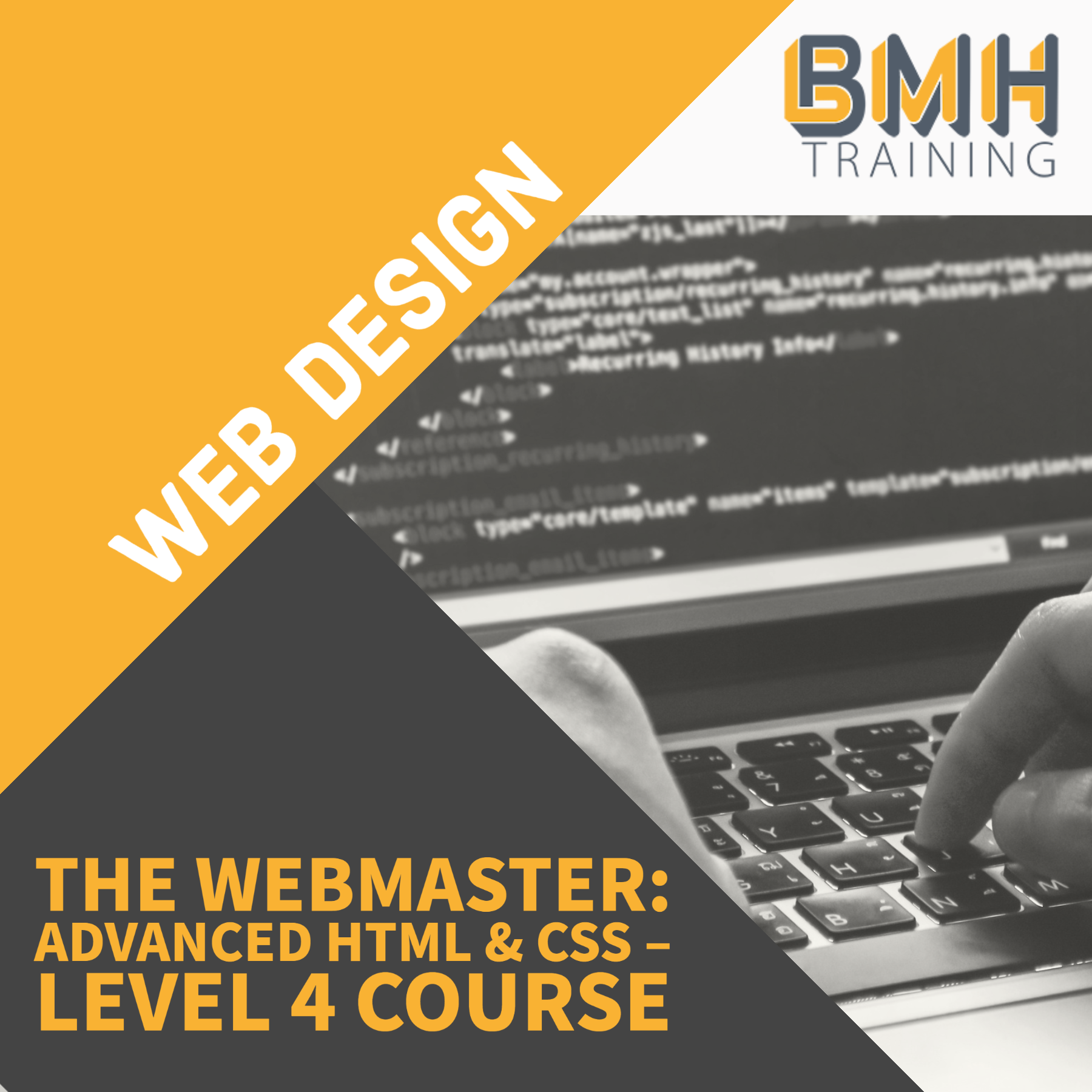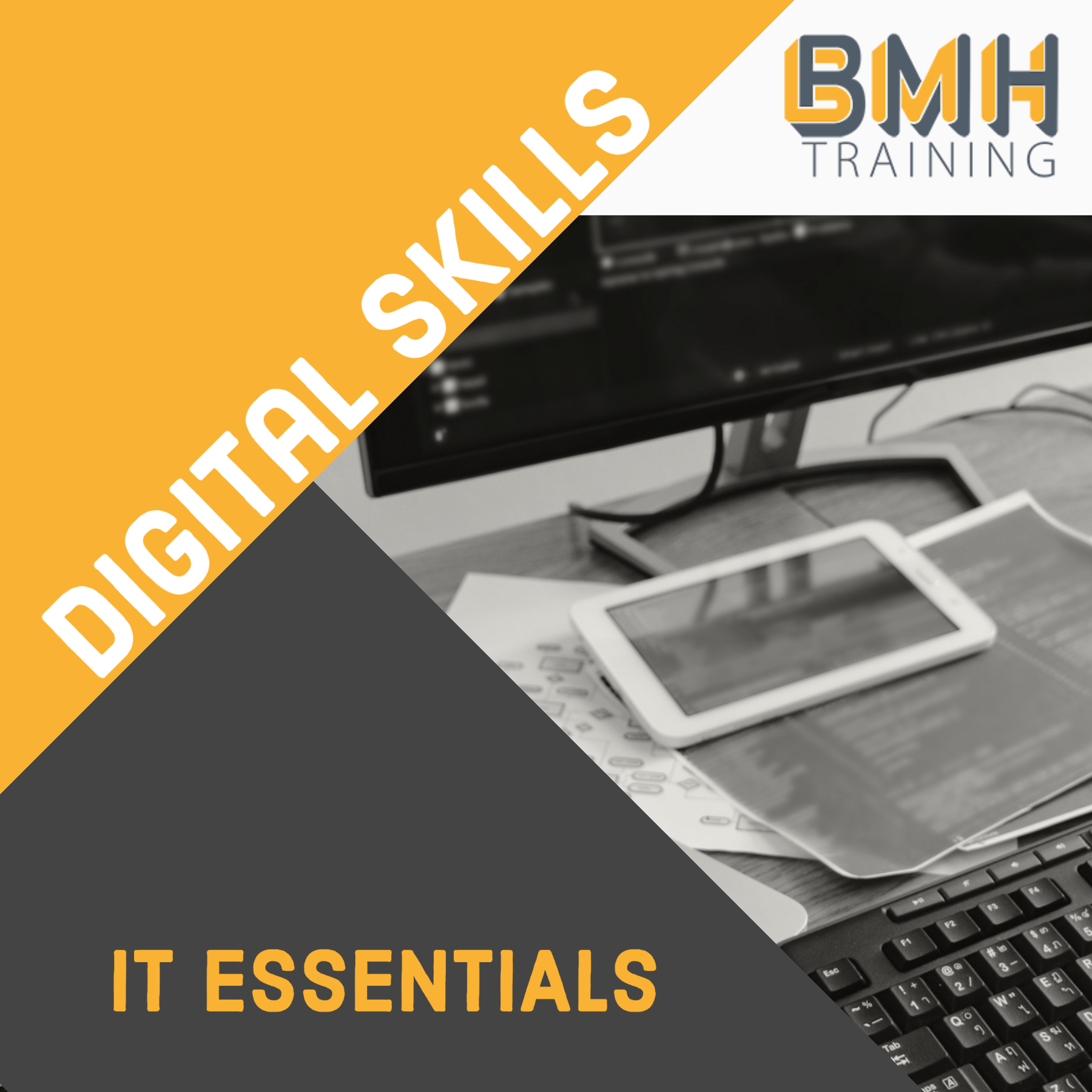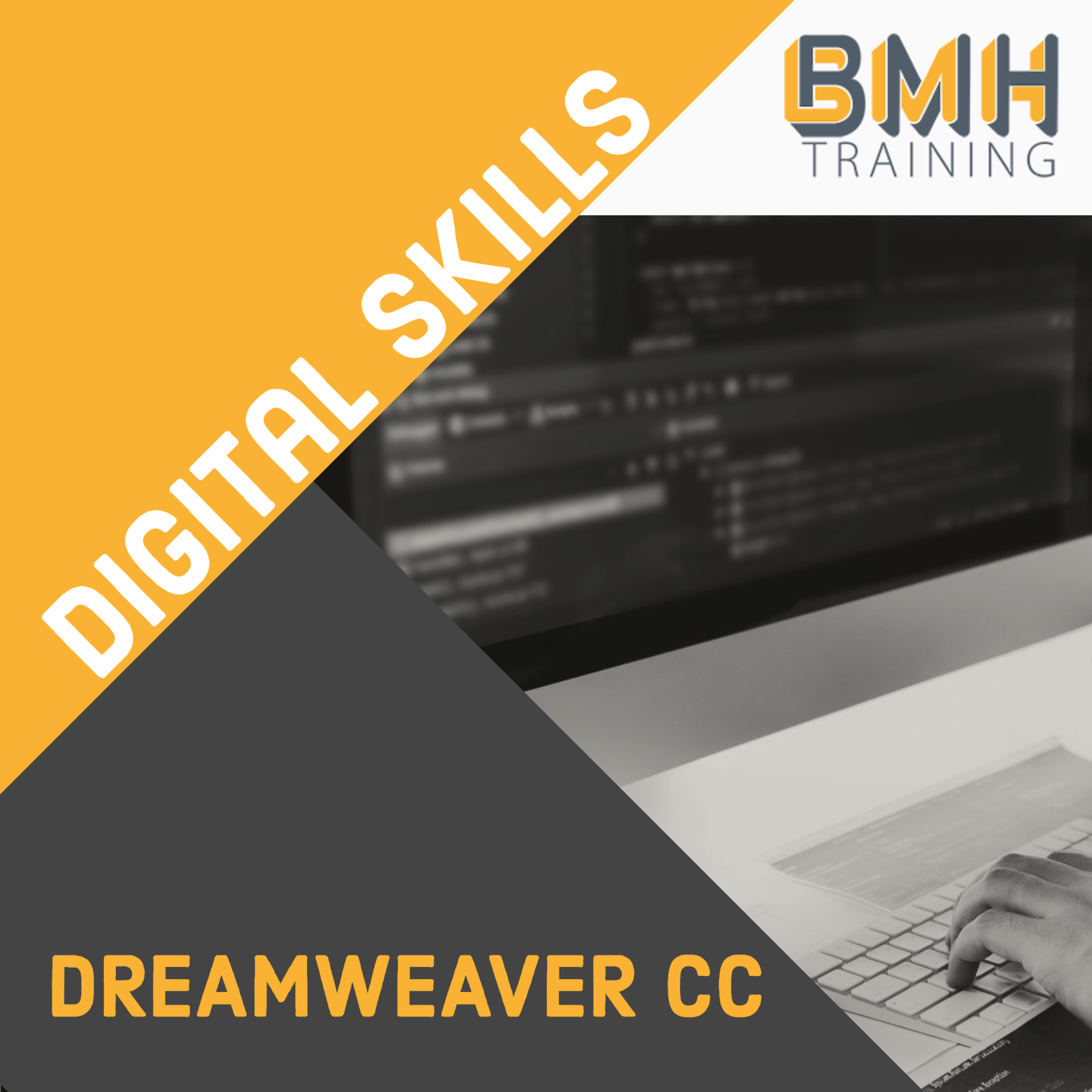Description
This is the course is for you if you would like to build your own games to run on Android smartphones and tablets and you are new to Android, Java, and computer programming. It will show you how to build Android games from scratch.
The course can also be used as a refresher course for those with some previous experience. The difficulty level rises as we explore new topics, such as variables, loops, methods, object-oriented programming, and design patterns, and we build more and more sophisticated games.
Android is one of the most popular mobile operating systems and it uses the Java programming language as the primary language for apps of all kinds, particularly for games.
We develop our games inside the Android Studio environment, which is Google’s recommended Integrated Development Environment (IDE) for the Android operating system and provides a user-friendly Application Programming Interface (API) to automate many of the common tasks. When we write a Java app in Android Studio and run it, the Java code is compiled into executable code known as an Android Application Package (APK) using an advanced building toolkit called Gradle to automate and manage the process.
For every new topic we provide an example and you put into practice what you have just learned by building interesting interactive games such as Find The Submarine, Ping Pong, Commando, Hungry Caterpillar, and the classic Space Wars game, where the player manoeuvres his space ship to dodge a variety of alien ships while trying to shoot them down. You will learn how to include sound effects and how to create your own spectacular particle system explosions.
The Java For Android Games course is structured as follows:
Java For Android Games Development – Level 4
- Introduction to Android Studio
- Introduction To Java
- Arithmetic & Logical Operations
- Looping
- Using Java Methods
- Drawing On The Screen
- Incorporating Sound Effects
- Lesson Review & Quiz
- Assignment 1 – Coding Exercises
- Introduction
- Preparation
- Creating The User Interface
- Processing Screen Touches
- Lesson Review & Quiz
- Assignment 2 – Find The Submarine Game
- Introduction
- Classes and Objects (1)
- Classes and Objects (2)
- Starting The Ping Pong Game
- The Game Loop
- The Ball Class
- The Bat Class
- Handling Collisions
- Lesson Review & Quiz
- Assignment 3 – Updating The Ping Pong Game
- Introduction
- Creating Arrays
- The Commando Game
- Adding Bitmap Graphics & Timing
- Lesson Review & Quiz
- Assignment 4 – Shooting Gallery
- Introduction
- Getting Started
- The Game Engine
- The Caterpillar Class
- The Lettuce Class
- Lesson review & Quiz
- Assignment 5 – Hungry Caterpillar Plus
- Introduction
- Getting Started With Space Wars
- The GameState Class
- Building the HUD Class
- Getting Things Moving
- A Particle System Explosion
- Lesson Review & Quiz
- Assignment 6 – Shoot The Spaceship
- Introduction
- The Game Objects
- Coding the Object Specifications
- The Component Interfaces & Classes
- The Transform Class
- The GameObject Class
- The GameObjectFactory Class
- Tying Up Loose Ends
- Lesson Review & Quiz
- Assignment 7 – Switching Backgrounds
- Introduction
- The Alien Components
- Using the Alien Components
- Detecting Collisions
- Lesson Review & Quiz
- Assignment 8 – Adding Multiple Levels
Software Requirements
Students should have: a working knowledge of using text editors or word processors; A basic understanding of your computer’s operating system; A working knowledge of your email software and the ability to attach files to an email; A basic knowledge of file zipping software such as WinZip or 7-Zip; and some experience of downloading and installing software packages from the web.
Although Ruby is available for other operating systems as well as Windows, the installation and running instructions are for the Windows operating system. All other software is provided with the course. Installer files for Ruby, the Ruby Development Kit, and Notepad++ are included in the course materials.
Prerequisites
Students should have: a working knowledge of using text editors or word processors; A basic understanding of your computer’s operating system; A working knowledge of your email software and the ability to attach files to an email; A basic knowledge of file zipping software such as WinZip or 7-Zip; and Some experience of downloading and installing software packages from the web.
Course Duration & Support
Students may register at any time for a fully-supported one-year training licence and will have constant access to a personal tutor via email. As the course is self-study, you can complete in as little or as long a time as you prefer within the one-year licence period.
Assessment
You will be assessed on coursework which is detailed in the course materials. The coursework consists of individual web pages and a complete final website. Your work can be sent back to your course tutor by email or by post.
Certification

Certification is based on your completed coursework and there is no formal examination at the end of the course. On successful completion of the course students will receive a Level 3 Open Awards Quality Endorsed Unit Course Certificate with 8 Open Awards Credits.
The completion of this course alone does not lead to an Ofqual regulated qualification but may be used as evidence of knowledge and skills towards regulated qualifications in the future. To this end the learning outcomes of the course have been benchmarked at Level 3 against level descriptors published by Ofqual, to indicate the depth of study and level of difficulty involved in successful completion by the learner.
The certification is issued through Open Awards in association with DLC which is an approved Open Awards centre. Open Awards are an Awarding Body Organisation approved by Ofqual. Set up in 1981, Open Awards (Previously the North West Region of the National Open College Network – OCNNW) has been in business for over 30 years and is a not-for-profit organisation and a registered charity.
